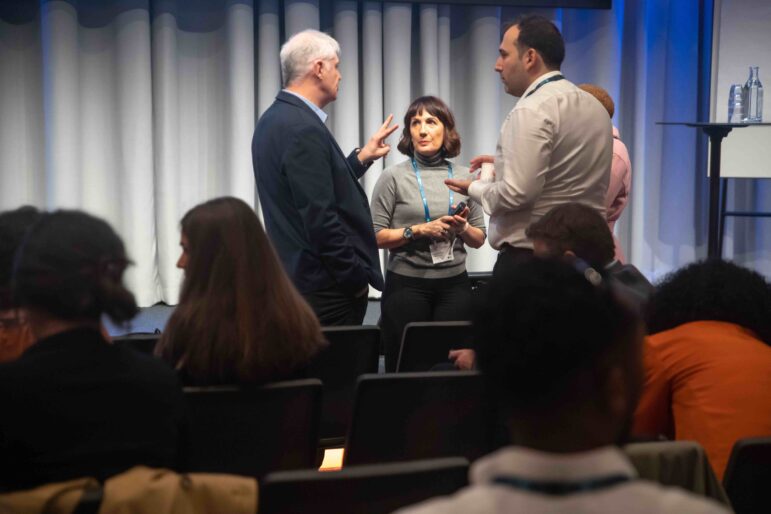
GIJC23
Reporting of the Last Resort: Tips for When — and How — to Conduct Undercover Investigations
Certain stories require access or information that interviews, open source documents, or data analysis can’t provide.

Certain stories require access or information that interviews, open source documents, or data analysis can’t provide.
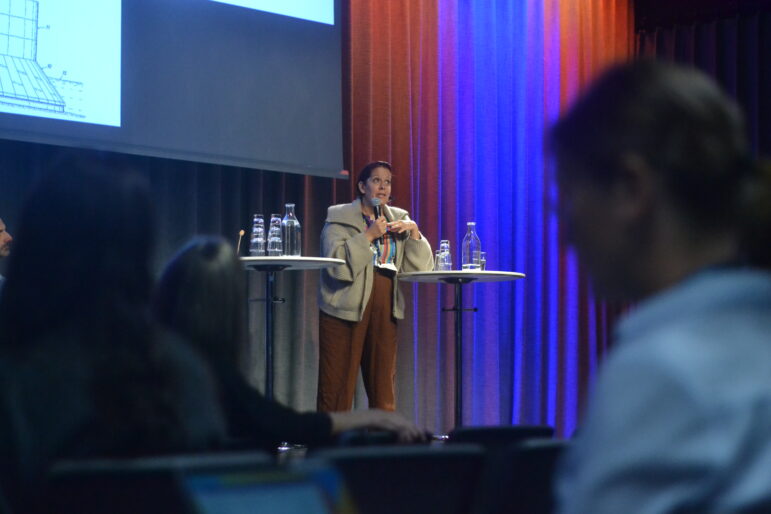
As climate change impacts communities across the globe in the form of wildfires, record heat, deadly flooding, and devastating droughts, there is a growing urgency in investigating the causes and impacts.
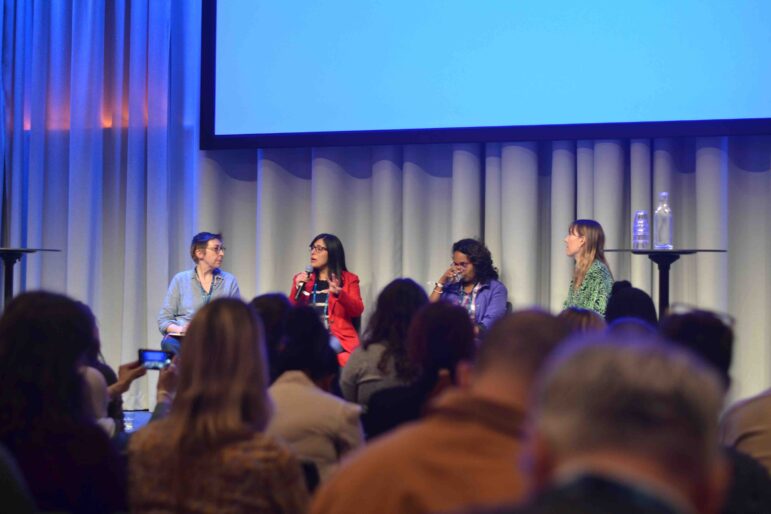
As the world’s health risks continue to evolve, dedicated health journalists have never been more important.

Three reporters from across the globe discussed the numerous looming threats to democracy — and shared tips for exposing the bad actors behind election disinformation and authoritarian attacks.
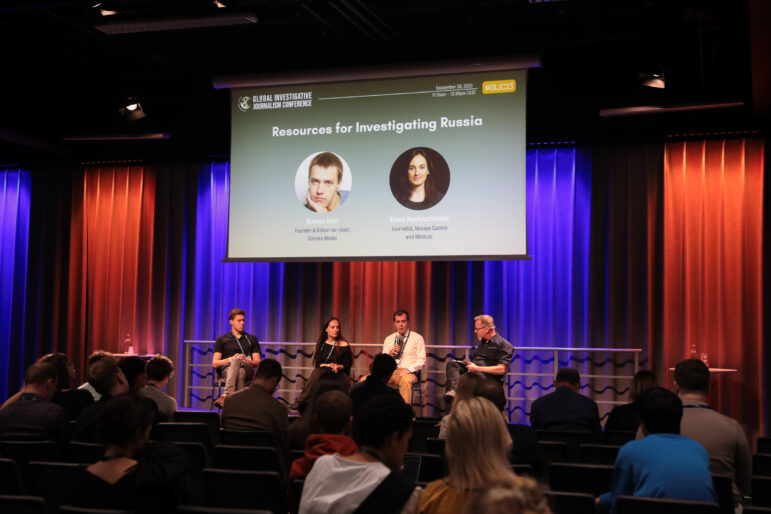
From cultivating sources to verifying information, the challenges of investigating Russia from outside the country are numerous.
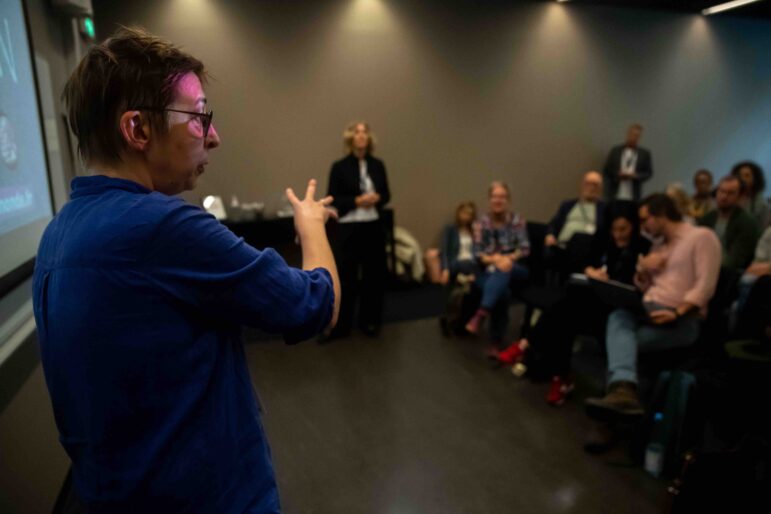
Collaboration between investigative journalists and scientists can bring great rewards, but for successful collaborations, journalists must also consider how they can help scientists.

Three veteran journalists shared tips on maximizing the potential and navigating the pitfalls of artificial intelligence and cross-border collaborations.

In a keynote speech at the GIJC in Sweden, Deibert laid out the new, fearsome digital threats facing the world’s watchdog journalists.

Exploring how the technology can help newsrooms, how investigations have revealed the impact of AI on communities, and how journalists can move beyond narratives of hype or despair.
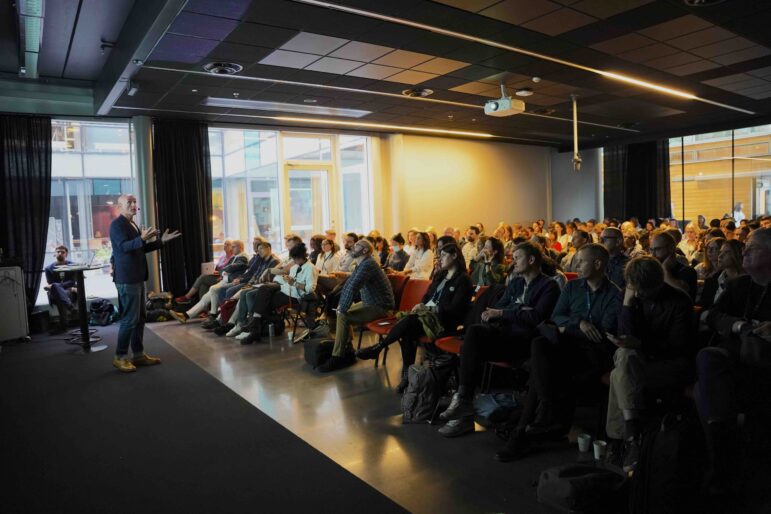
The team from Mission Investigate at Swedish Public Television (SVT) have used innovative and sometimes audacious tricks and techniques to boost their investigations.
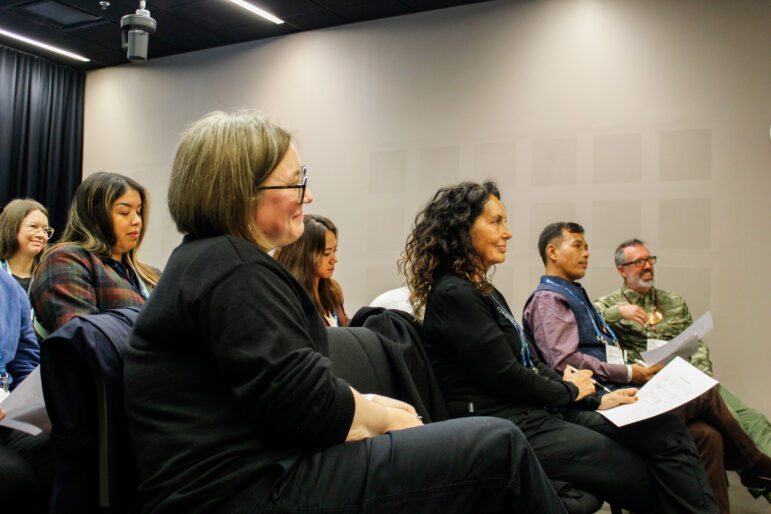
From the impact of green energy projects to the mis- and disinformation campaigns that target marginalized communities, there are a number of investigative topics that unite Indigenous reporters.

As we prepare to gather for this year’s Global Investigative Journalism Conference, it seems a good time to share where GIJN and its conferences come from.
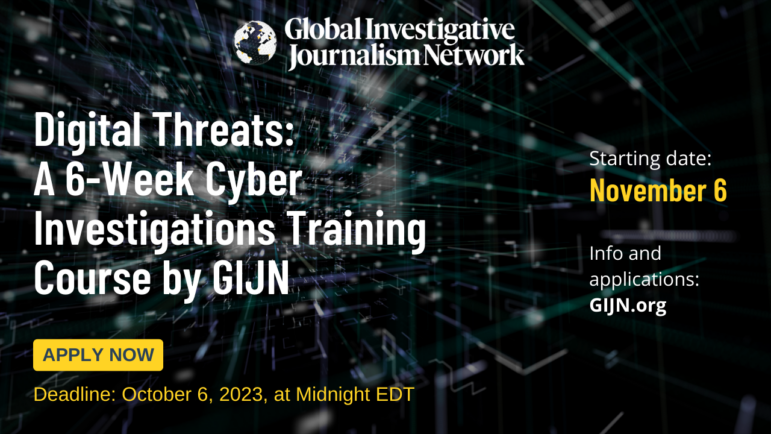
In this training course, reporters from around the world will learn how to investigate the digital environment in order to understand and expose attacks and manipulation.

GIJN’s board is now made up of Anton Harber (South Africa), Oleg Khomenok (Ukraine), Syed Nazakat (India), Bruce Shapiro (US), Khadija Sharife (South Africa), Margo Smit (Netherlands), and Nina Selbo Torset (Norway).
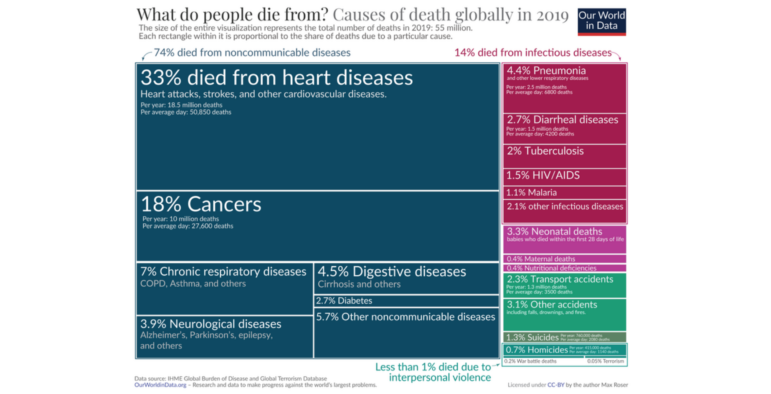

Valeriya Yegoshyna spent years investigating high-level corruption in Ukraine, but now focuses on investigating allegations of war crimes committed by Russian forces in Ukraine.
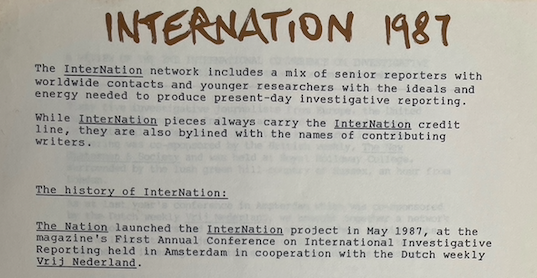
As corporate power and criminal gangs started moving ever more frequently across national frontiers, why not cooperate to track and expose them?
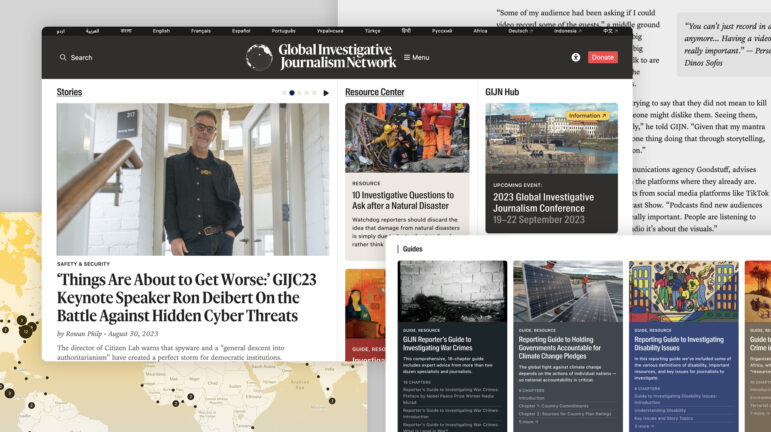
After 20 years of existence, it was time for GIJN to revamp both is website and visual identity. Welcome to our new website and new look.
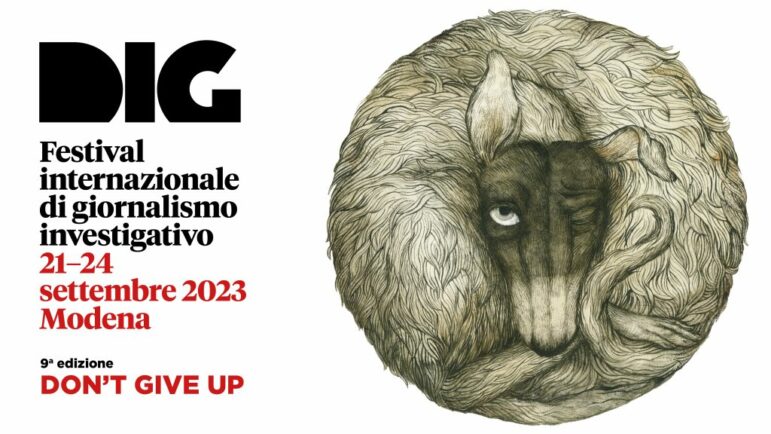
Each year the jury for the DIG Festival scours hundreds of submissions to find the best investigative films and podcasts from around the world.
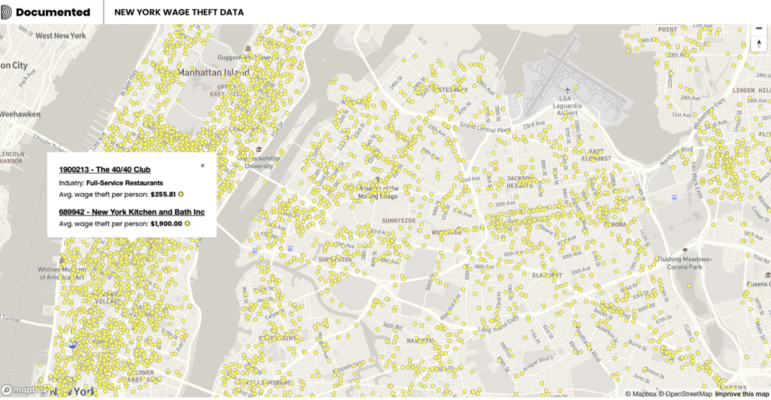
Featuring wage theft mapping in New York, the alarming rise in US airliner near misses, Russia’s brain drain, and a historical analysis of the Great Kantō earthquake in Japan 100 years ago.

The director of Citizen Lab warns that spyware and a “general descent into authoritarianism” have created a perfect storm for democratic institutions.

The little-known but powerful Investor-State Dispute Settlement (ISDS) system considers high stakes cases between companies and national governments, which often take years to resolve.

Podcasts are quintessentially an audio medium, but to reach newer and younger audiences, many shows are now beginning to add video elements to the traditional format.
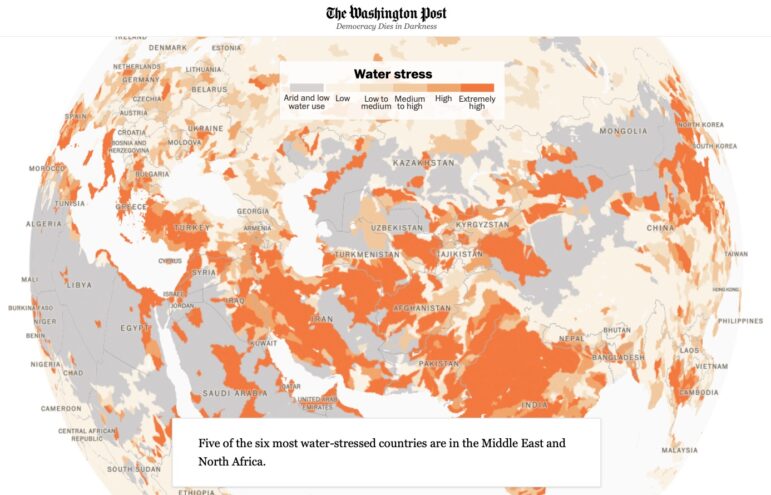
With stories about global water stress, the boom in fentanyl trafficking at the US-Mexico border, the devastating fires in Maui, and strategies for taking penalty kicks.

An investigative data journalist and a former tech lawyer teach you how to spot tricks and hidden disclosures within these interminable documents — and even how to claw back some privacy.

A reporting team provides the backstory of the Guardian’s years-long investigation into the world of online child sex trafficking.

Hoda Osman, executive editor at Arab Reporters for Investigative Journalism (ARIJ), discusses how she still covers the region while based in the US.

This latest installment of the GIJN Bookshelf offers a compilation of recommended investigative books from reporters across Latin America.